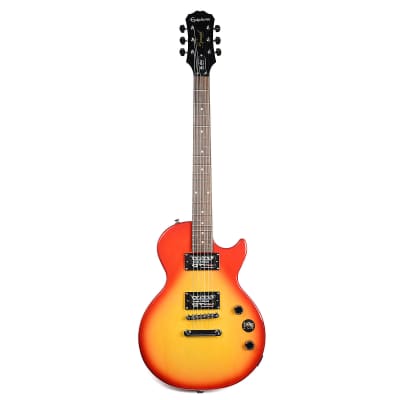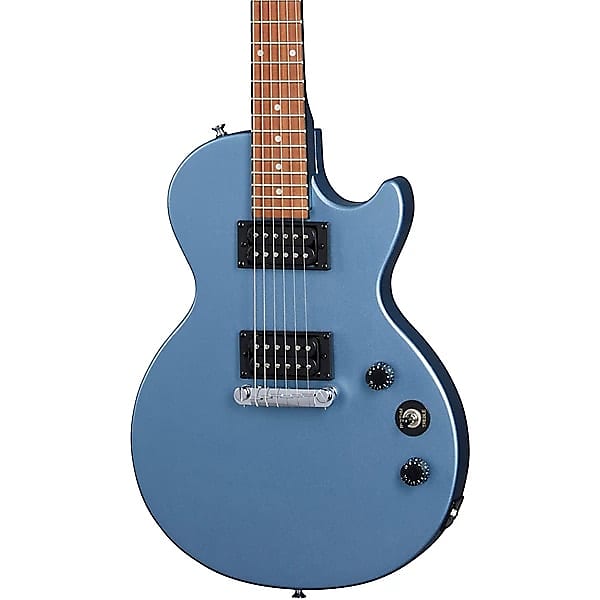

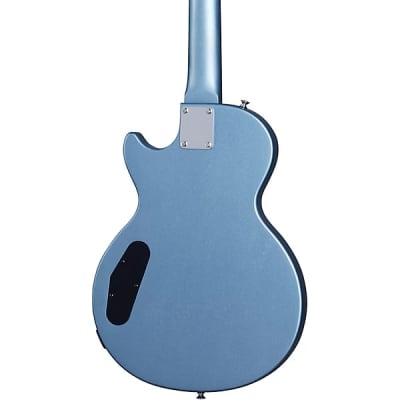
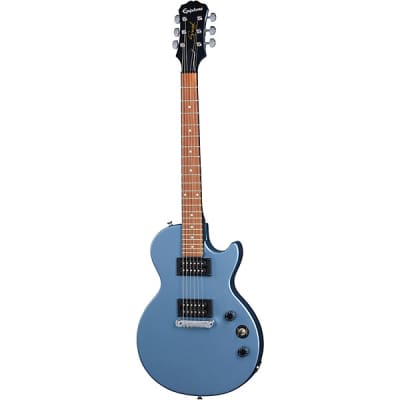
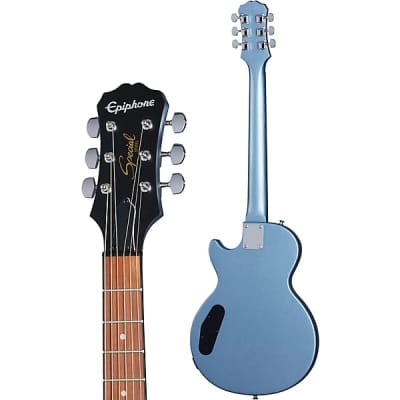
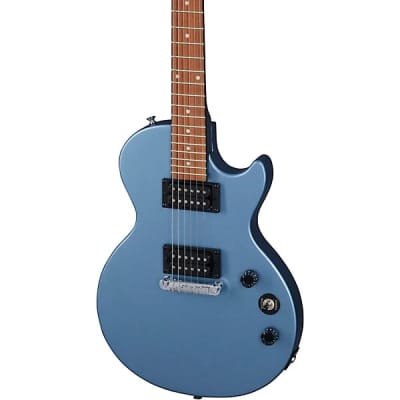
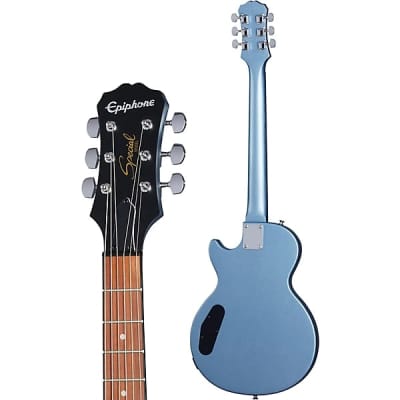
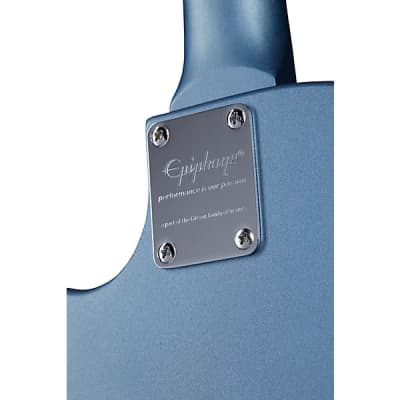
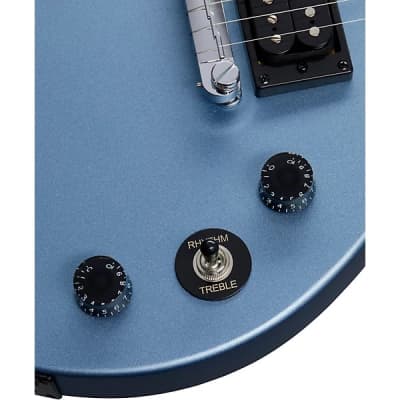
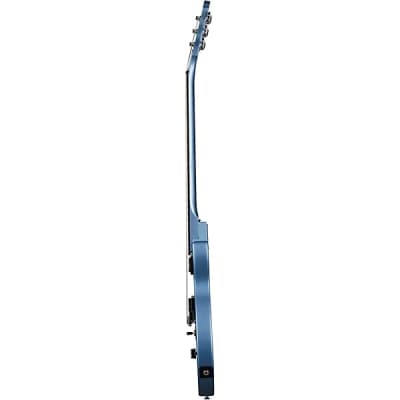
Epiphone Les Paul Special II - Pelham Blue -New In Box
Price$179
+ $69 Shipping
Listed:over a month ago
Views:457
Watchers:21
Offers:1

Ramona, CA, United States
Reverb Buyer Protection
Reverb has your back if your item is lost, damaged, or doesn't match its description. Simply report any issues within 7 days and we'll help you get a full refund.Learn More
